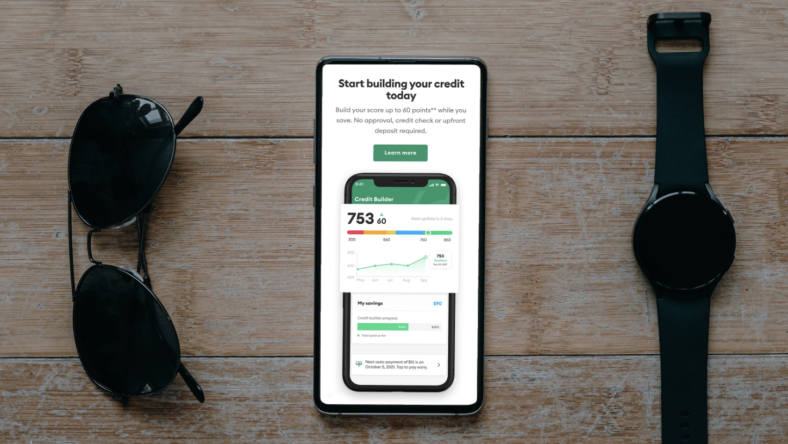
Today, let’s demystify a document that plays a pivotal role in our financial lives: the credit report. This report can influence everything from the interest rates you’re offered to your ability to rent an apartment.
But what does it all mean, and how can you ensure its accuracy?

What is a Credit Report? In simple terms, a credit report is your financial report card. It provides a detailed account of your borrowing and repayment history. Lenders, landlords, and even potential employers might peek at it to gauge how responsible you’ve been with money.
Key Sections of Your Credit Report:
- Personal Information: This includes your name, address, Social Security number, and possibly employment information.
- Credit History: This is the meat of the report. It lists out various credit accounts (like loans or credit cards), the dates they were opened, the credit limit or loan amount, and your payment history.
- Inquiries: If a lender checks your report because you applied for credit, it gets listed here.
- Public Records: This section houses information on bankruptcies, tax liens, or court judgments.
Why You Should Regularly Review It:
- Identity Protection: By regularly reviewing your report, you can spot and report potentially fraudulent activity.
- Accuracy: Mistakes happen. Whether it’s a payment marked late when you paid on time or an account you don’t recognize, catching and correcting these can save you money and headaches down the line.
Spotting Errors:
- Check All Personal Details: Ensure your name is spelled correctly, your address is current, and that there aren’t any addresses or employers you don’t recognize.
- Review Each Account: Confirm every account on your report is indeed yours.
- Ensure Payment Histories are Correct: A single wrongly-listed late payment can harm your credit score.
- Look for Duplicate Accounts: Sometimes the same loan or credit card can appear multiple times. This can give the illusion that you have more open credit than you actually do.
What to Do if You Spot an Error:
- Document Everything: Gather proof of the error, whether it’s a bank statement showing you paid on time or an account number that doesn’t match your records.
- Contact the Reporting Agency: The three main ones are Equifax, Experian, and TransUnion. Notify them in writing about the error and provide your proof.
- Reach Out to the Lender: If, for instance, your bank reported a late payment in error, contact them too. They can rectify the mistake at their end.
A credit report might seem overwhelming, but it’s just a collection of your financial actions and histories. With regular check-ins and an understanding of what to look for, you can ensure your report paints an accurate picture of your financial health, saving you money and potential stress down the line.
So, arm yourself with this knowledge and take control of your financial narrative. After all, it’s your story. Make sure it’s told right!
Stay empowered and financially informed!
NEXT: How a Poor Credit Score Can Shape Your Future
Disclosure: The information provided by The Financial Genie is for informational purposes only. It should not be considered legal or financial advice. You should consult with an attorney or other professional to determine what may be best for your individual needs. The Financial Genie does not make any guarantee or other promise as to any results that may be obtained from using our content. No one should make any investment decision without first consulting his or her own financial advisor and conducting his or her own research and due diligence. Additionally, some of the organizations with products on our site may pay us a referral fee or affiliate commission when you click to apply for those products.